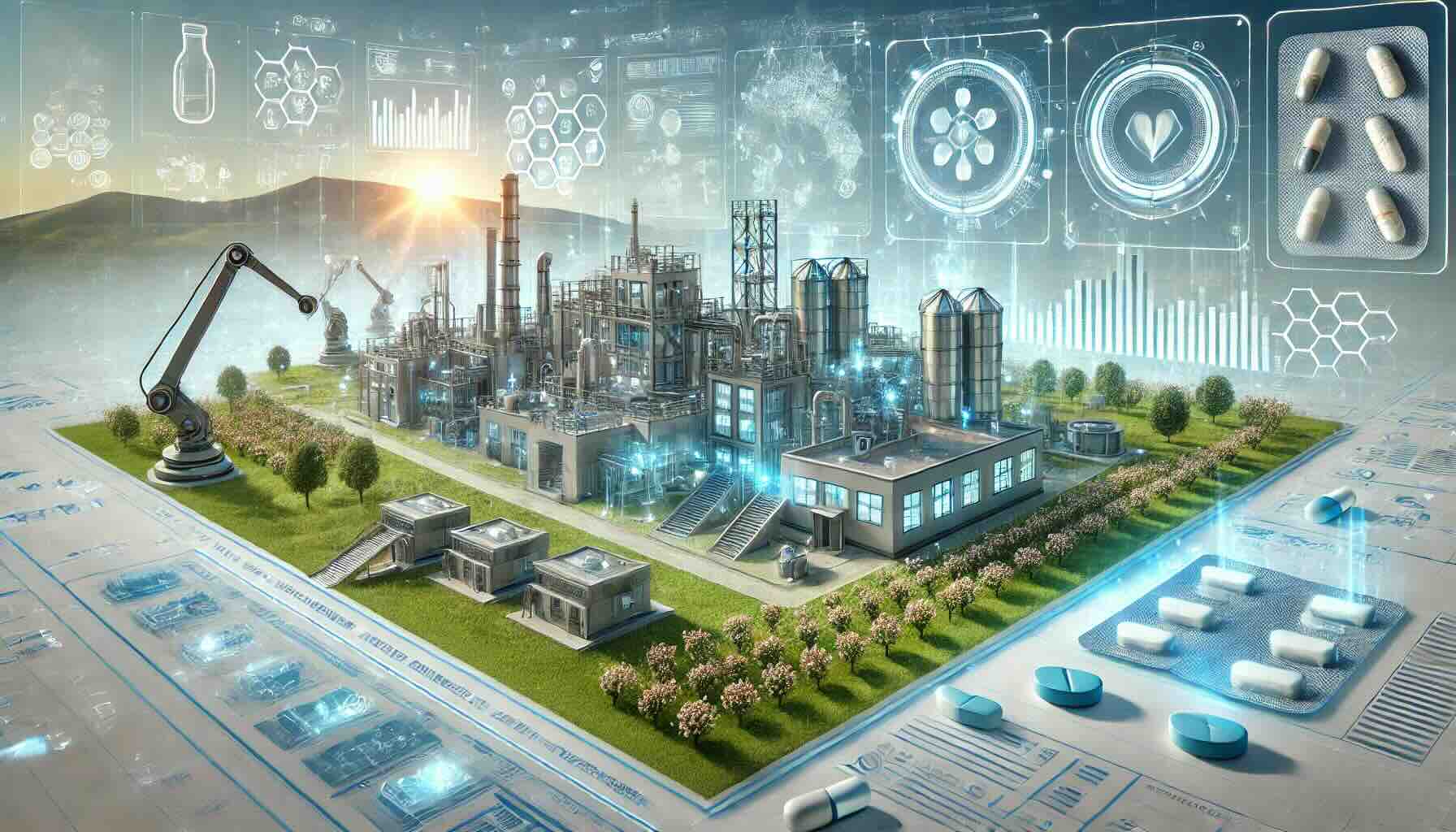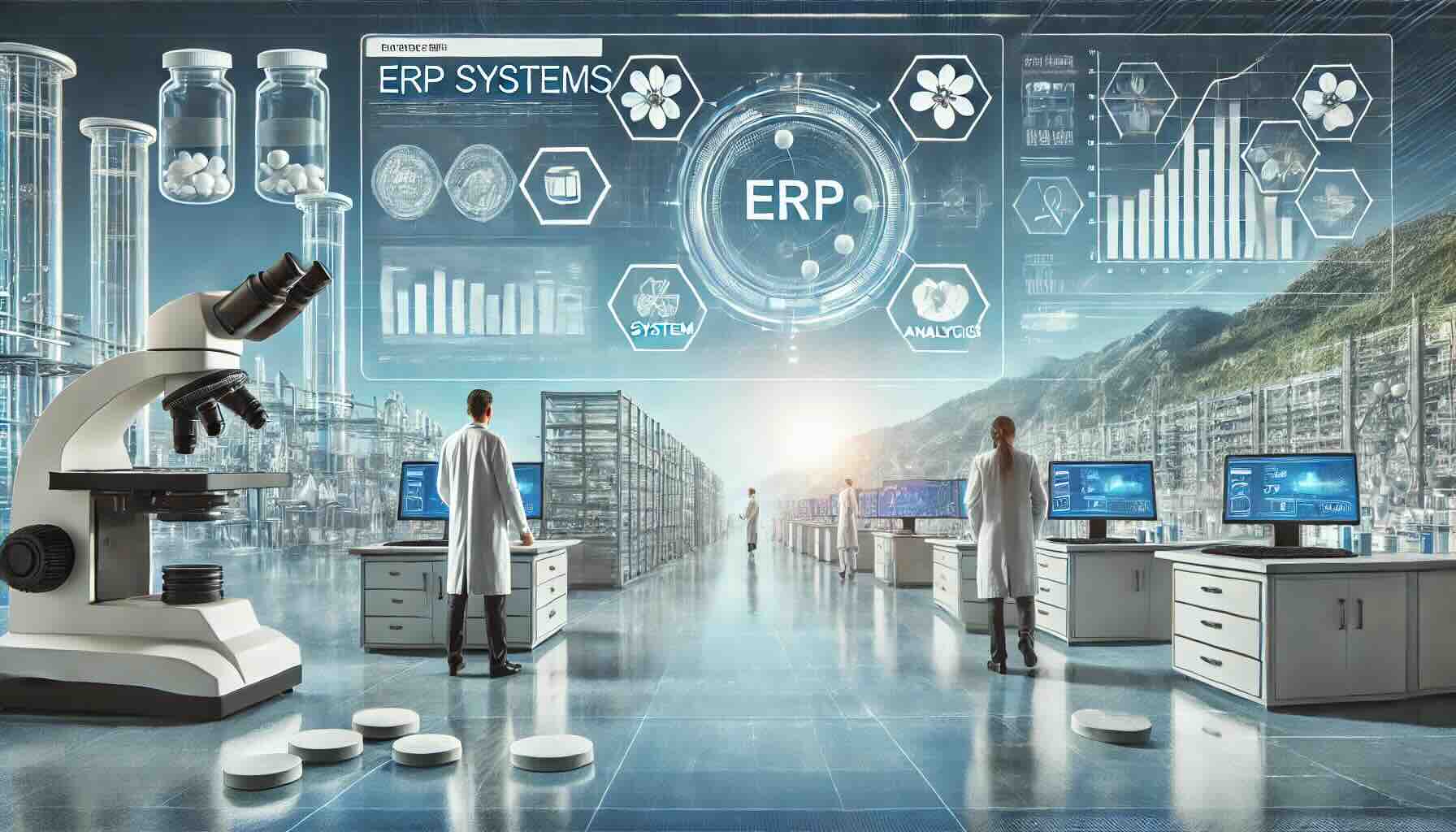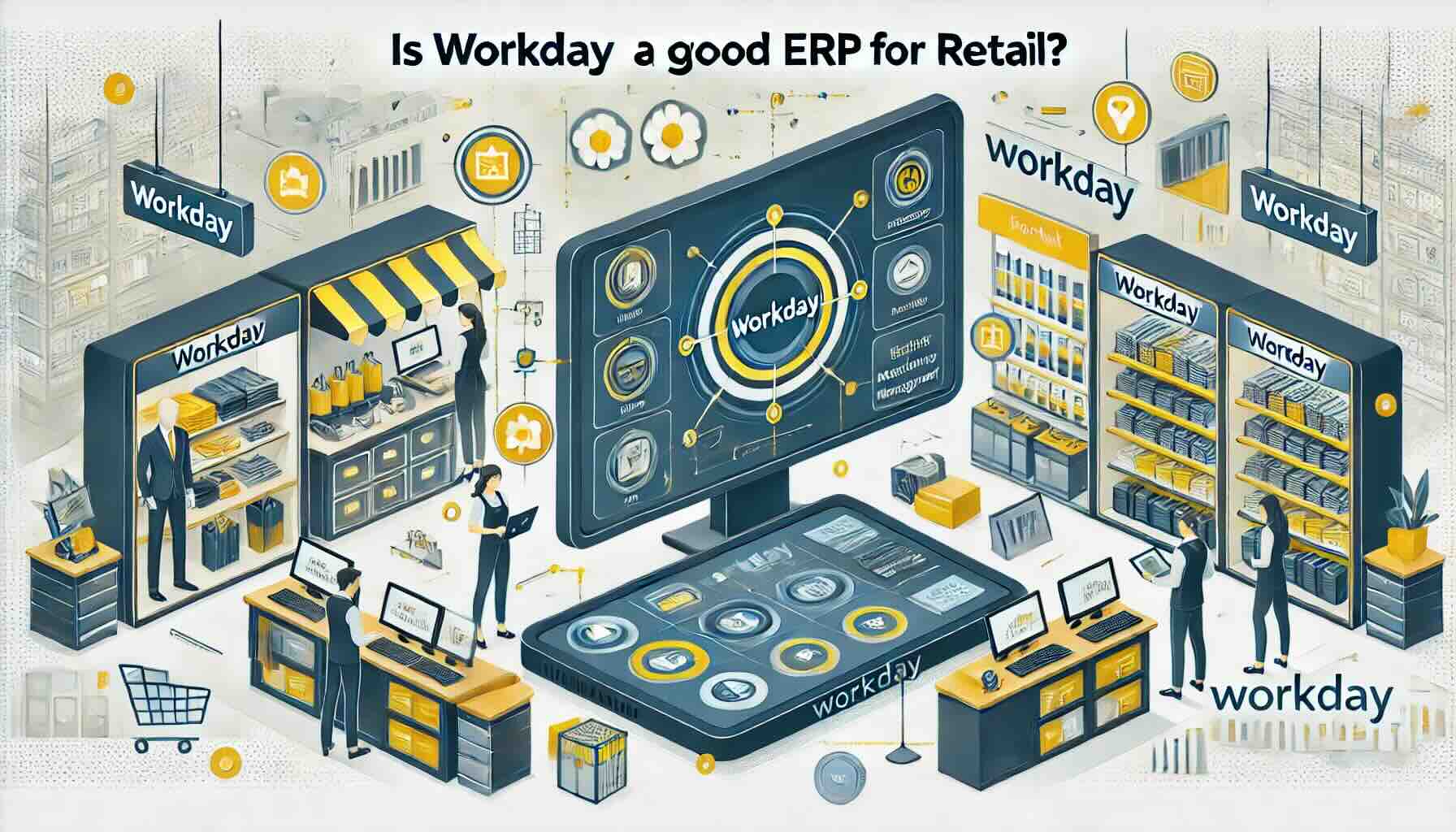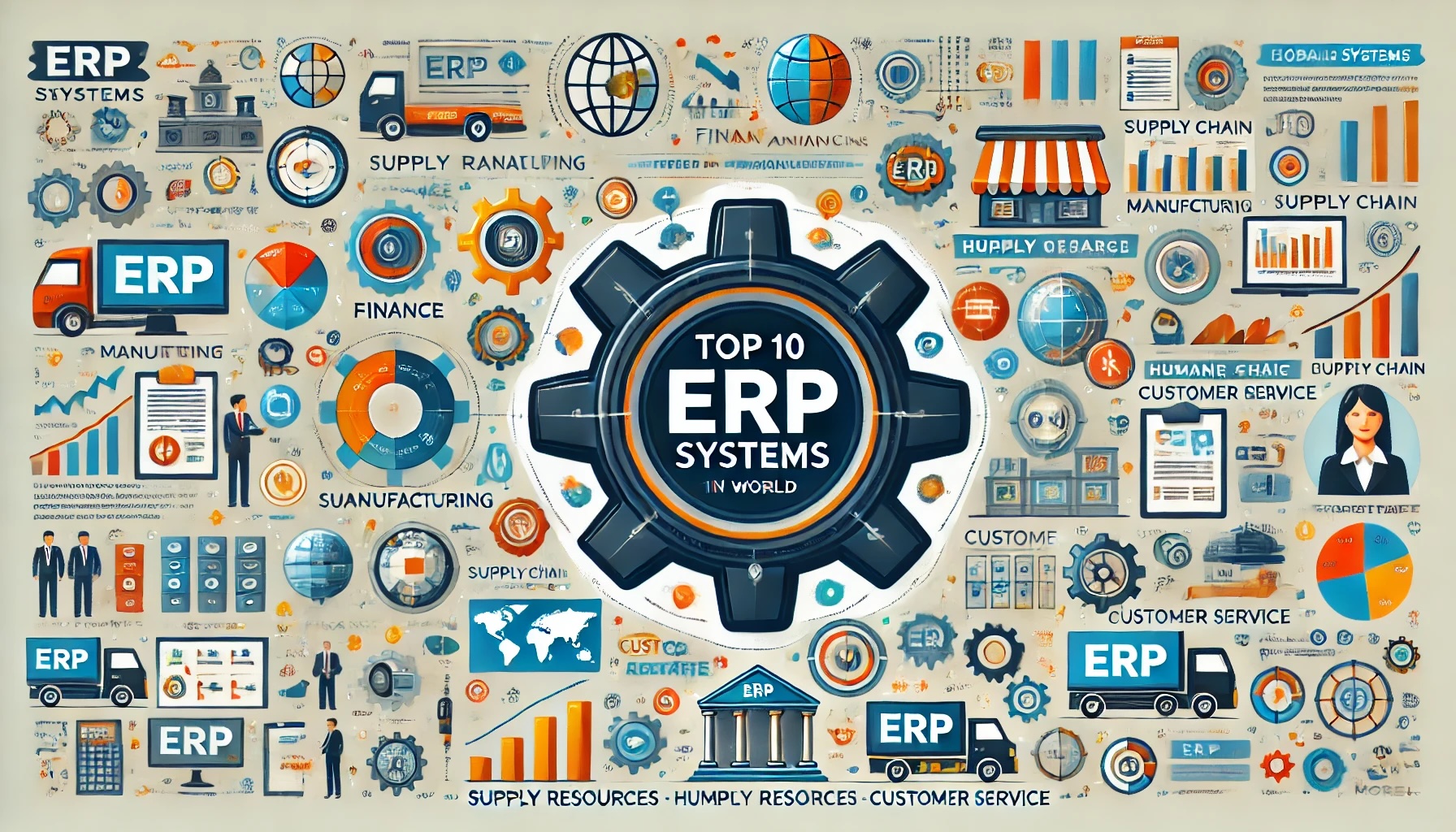Is SAP S/4HANA a Good ERP for the Chemicals Industry?
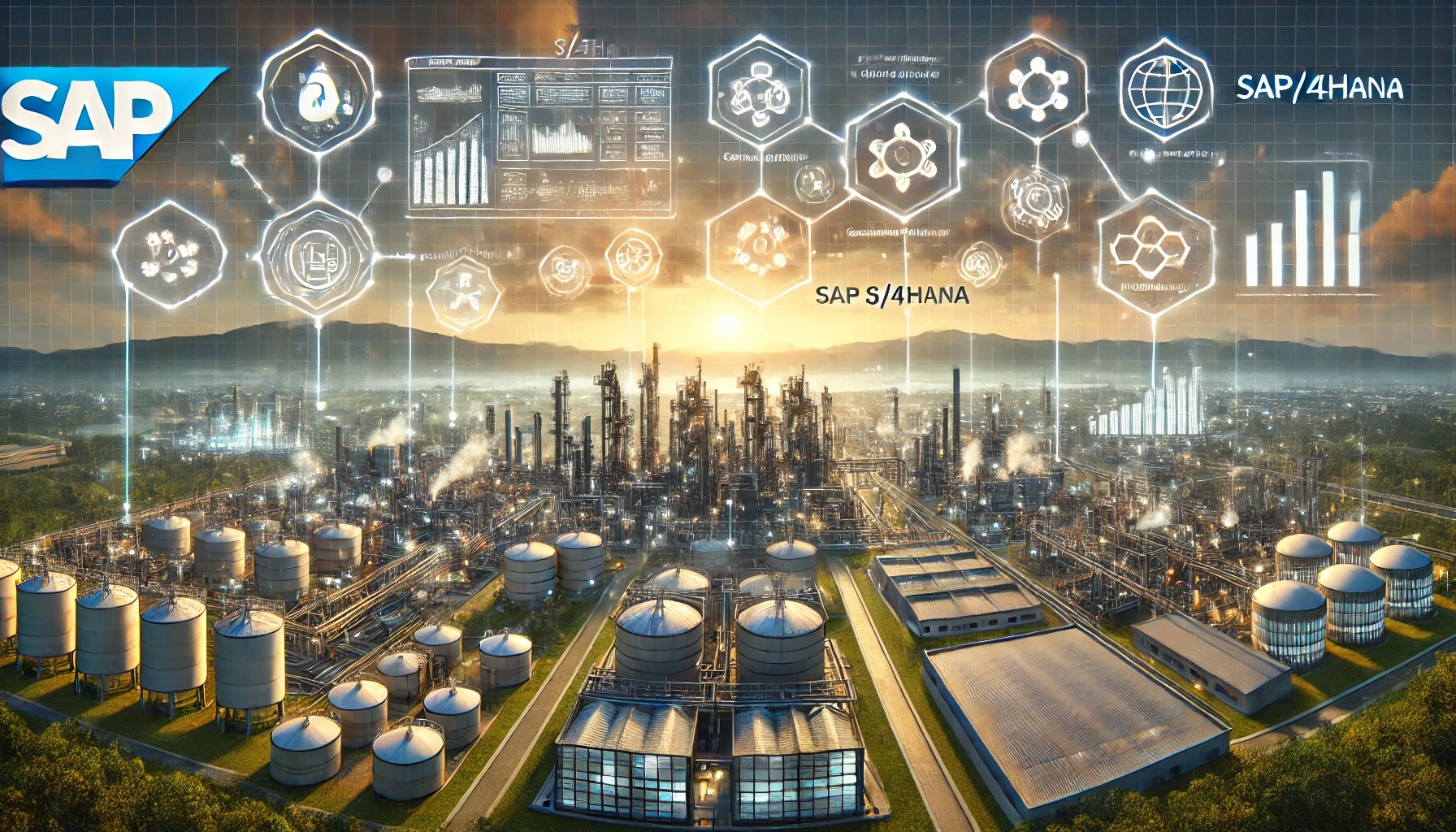
In the highly specialized and regulated world of the chemicals industry, choosing the right Enterprise Resource Planning (ERP) system is critical. Companies must manage complex production processes, stringent regulatory compliance, and a dynamic supply chain while ensuring safety and sustainability. SAP S/4HANA, a next-generation ERP solution, has emerged as a leading choice for companies in this sector. But is SAP S/4HANA really a good fit for the chemicals industry? Let’s explore the key features, benefits, and considerations of implementing SAP S/4HANA in this industry.
Understanding SAP S/4HANA
SAP S/4HANA is an integrated ERP suite built on the SAP HANA in-memory database. Unlike traditional ERP systems, SAP S/4HANA leverages real-time data processing, advanced analytics, and a simplified data model to offer faster and more informed decision-making capabilities. The platform is designed to support digital transformation across industries by providing a scalable, flexible, and efficient solution for managing business processes.
Key Features of SAP S/4HANA for the Chemicals Industry
1. Advanced Process Management
The chemicals industry is characterized by complex production processes involving continuous and batch manufacturing. SAP S/4HANA offers robust process management capabilities, including recipe and formula management, batch traceability, and production scheduling. These features allow chemical manufacturers to optimize their production processes, reduce waste, and improve efficiency.
2. Compliance and Regulatory Management
Compliance with environmental, health, and safety (EHS) regulations is crucial in the chemicals industry. SAP S/4HANA integrates EHS management into the core ERP system, enabling companies to monitor compliance in real-time, manage hazardous materials, and ensure that products meet regulatory standards. This integration helps reduce the risk of non-compliance and associated penalties.
3. Supply Chain Optimization
The chemicals industry often deals with volatile supply chains due to fluctuations in raw material prices, transportation challenges, and regulatory changes. SAP S/4HANA provides advanced supply chain management tools that help companies optimize inventory levels, forecast demand, and manage supplier relationships more effectively. The real-time data processing capability allows for quick adjustments to supply chain disruptions, ensuring business continuity.
4. Enhanced Customer Experience
In today’s competitive market, customer satisfaction is paramount. SAP S/4HANA’s integrated customer relationship management (CRM) functionalities help chemical companies manage customer orders, track deliveries, and handle customer inquiries more efficiently. The system’s ability to provide a 360-degree view of the customer helps in delivering personalized services, improving customer loyalty.
5. Sustainability and Environmental Management
Sustainability is becoming increasingly important in the chemicals industry, where companies are under pressure to reduce their environmental footprint. SAP S/4HANA includes tools for managing sustainability initiatives, such as carbon footprint tracking, waste management, and energy consumption monitoring. These capabilities support companies in meeting their sustainability goals and complying with environmental regulations.
6. Innovation and R&D Support
Innovation is a key driver in the chemicals industry, with companies constantly developing new products and improving existing ones. SAP S/4HANA supports research and development (R&D) through integrated project management tools, product lifecycle management, and collaboration platforms. These features help companies accelerate innovation and bring new products to market faster.
Benefits of Implementing SAP S/4HANA in the Chemicals Industry
1. Real-Time Data and Analytics
One of the most significant advantages of SAP S/4HANA is its real-time data processing capability. This feature enables chemical companies to make data-driven decisions quickly, responding to market changes, supply chain disruptions, and production issues as they happen. The ability to access and analyze data in real-time enhances operational agility and reduces the time to market.
2. Simplified IT Landscape
SAP S/4HANA simplifies the IT landscape by consolidating multiple systems into a single, integrated platform. This reduces the complexity and cost of maintaining separate systems for different functions, such as finance, supply chain, and production. The simplified architecture also makes it easier to implement and scale new technologies, such as the Internet of Things (IoT) and artificial intelligence (AI).
3. Scalability and Flexibility
The chemicals industry is constantly evolving, with companies needing to adapt to new market demands, regulatory requirements, and technological advancements. SAP S/4HANA’s scalable and flexible architecture allows chemical companies to grow and adapt without significant disruptions to their operations. Whether a company is expanding its product line, entering new markets, or adopting new business models, SAP S/4HANA can support its growth.
4. Improved Collaboration
SAP S/4HANA facilitates better collaboration across departments and with external partners. By providing a unified platform for data sharing and communication, the system helps break down silos within the organization, improving coordination and efficiency. This is particularly important in the chemicals industry, where cross-functional collaboration is essential for managing complex projects and meeting regulatory requirements.
5. Cost Efficiency
While the initial investment in SAP S/4HANA can be significant, the long-term cost benefits are substantial. The system’s ability to optimize processes, reduce waste, and improve efficiency can lead to significant cost savings. Additionally, the simplified IT landscape reduces the cost of system maintenance and upgrades, further enhancing the return on investment.
Considerations Before Implementing SAP S/4HANA
1. Implementation Complexity
Implementing SAP S/4HANA in the chemicals industry can be complex, requiring careful planning and execution. Companies need to assess their existing processes, data, and systems to ensure a smooth transition. Partnering with experienced SAP consultants and investing in change management are critical to a successful implementation.
2. Total Cost of Ownership
While SAP S/4HANA offers long-term cost savings, the total cost of ownership (TCO) can be high, particularly for small and mid-sized companies. It’s essential to consider not only the initial implementation costs but also ongoing costs, such as maintenance, upgrades, and training.
3. Data Migration and Integration
Data migration and integration can be challenging, especially for companies with legacy systems and large volumes of data. Ensuring data accuracy and consistency is crucial for the success of SAP S/4HANA implementation. Companies must invest in data cleansing, validation, and integration tools to minimize disruptions during the transition.
Conclusion
SAP S/4HANA is a robust and versatile ERP solution that offers significant benefits for the chemicals industry. Its advanced process management, regulatory compliance, and supply chain optimization features make it well-suited to the unique challenges of this sector. However, companies must carefully consider the implementation complexity, total cost of ownership, and data migration challenges before making the switch.
For chemical companies committed to digital transformation and looking to gain a competitive edge, SAP S/4HANA presents a compelling option that can drive efficiency, innovation, and sustainability. By leveraging its powerful capabilities, chemical manufacturers can not only meet today’s demands but also position themselves for future growth and success. To find out more about SAP S/4HANA click this link.
To compare SAP S/4HANA with 100s of other ERP solutions, you can use our new AI-powered Compare ERP tool. It’s free to use and you get a guaranteed discount on your first year’s licence fees with a referral from Compare ERP.



